Greensboro College’s Quality Enhancement Plan
Over the next four years, through the 2019-2020 academic year, the College will improve elements of our current curriculum and instructional support for faculty and students to improve all students’ skills in information literacy and critical thinking in ethics and values.
One of the expectations of the Southern Association of Colleges and Schools Commission on Colleges (SACSCOC), Greensboro College’s regional accrediting body, is that every 10 years, member institutions, like GC, will select and implement a Quality Enhancement Plan (QEP) over a five-year period to improve some aspect of student learning outcomes. GC’s previous QEP involved the shift from three-credit-hour to four-credit-hour courses.
GC began to plan for selecting its new QEP in Fall 2013. This coincided with GC’s revision of its Mission and Vision statements, the commitment to becoming a Universal Design for Learning campus, and the launching of a new Strategic Plan. The QEP selection process continued through March 2015 and involved the College administration, faculty, academic support staff, and students. Seventeen different QEP proposals were considered, but a version of TIC emerged as the clear favorite.
The campus community recognized how vital it is for students to be able to find, retrieve, analyze, and ethically use information and to identify ethical issues, appreciate different ethical perspectives and codes, and apply those perspectives to defend an ethical position. Graduates need those skills to be attractive to a variety of employers and to be able to be engaged and interconnected citizens. Elements of information literacy and critical thinking in ethics and values have long been embedded in GC’s General Education Objectives, especially #4 (reason to reach logical conclusions) and #5 (think critically about ethics and values). Results from 2014-15 General Education Objective Assessments, however, revealed that only a minority of students from freshmen through seniors were being formally assessed on those objectives and that there was room for improvement in students’ proficiency at those critical learning objectives.
Since its beginning in Fall 2016, TIC has ensured that all students are introduced to concepts of information literacy and critical thinking in ethics and values through an expanded Greensboro College Seminar (formerly the First Year Seminar), now required of all first-semester freshmen. Transfer students will also have the opportunity to take a GCS section designed for them. The introduction and application of information literacy will continue in the second-semester English composition course (ECM1120), progress through their two General Education science and social science courses claiming General Education Objective #4, other courses they take inside and out of their major incorporating the use of sources and evidence class assignments, and culminate in senior courses within their major, as they do now. Similarly, students will further their exploration and application in critical thinking in ethics and values in their two General Education Religion and Ethics courses and in their senior-level courses within their majors, even more than they do now.
TIC devotes resources through Spring 2019 and beyond to allow the library staff and the Director of Ethics Across the Curriculum to help faculty assist students in developing their information literacy and ethical thinking skills throughout their time at GC. Each spring, from 2017 through 2019, General Education Objective Assessment data gathered on all students will allow us to set and adjust the next year’s targets for improvements in student learning in those two areas and to use that information to make needed changes. The goal for Spring 2019 is to have assessment data on 90 percent of seniors on those two areas and all of those graduating seniors will be at least proficient in their information literacy and ethical thinking abilities, with a clear majority of those seniors being highly developed or making “mastered” those skills, and thus well-equipped to become informed, ethical, and interconnected citizens of their community, nation and world.

